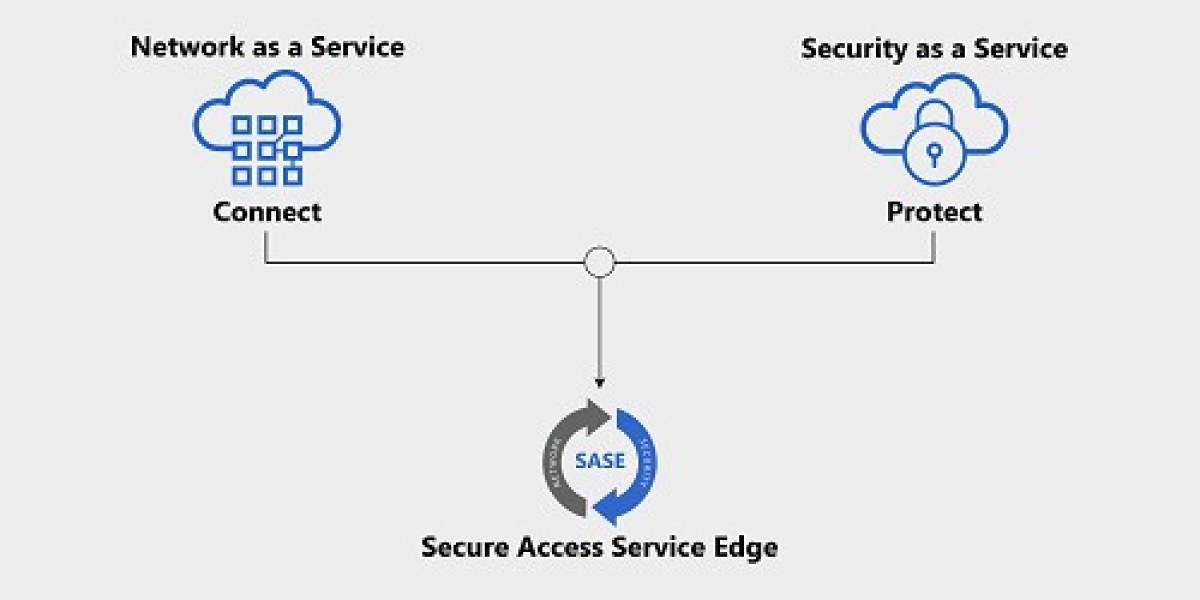Selling a real estate brokerage is a significant business decision that involves various factors, from legal requirements to valuation. Whether you're an owner looking to retire, shift careers, or simply cash out, understanding the process can help ensure a smooth transition. This article explores how you can sell your real estate brokerage, the steps involved, and the factors that influence the sale.
Understanding What It Means to Sell a Real Estate Brokerage
A real estate brokerage acts as a business entity where licensed agents and brokers work under a license to facilitate property transactions. The brokerage itself includes a variety of assets, including its office space, technology systems, client lists, and most importantly, its brand and reputation. When selling a brokerage, you’re not only selling a physical location but a business with ongoing relationships and potential future earnings.
Why Would You Sell Your Real Estate Brokerage?
Several reasons may drive an owner to sell their real estate brokerage. Common motivations include:
- Retirement: Many brokers who are looking to retire opt to sell their brokerage as a way to secure their financial future.
- Career Change: Some owners may want to transition into a different aspect of real estate or business altogether.
- Market Conditions: If the real estate market is thriving, it could be a great opportunity to sell.
- Financial Reasons: Financial struggles or the desire to liquidate assets may push a brokerage owner to sell.
Understanding your motivation for selling can help you decide the best strategy and timeline for the sale.
Steps to Sell a Real Estate Brokerage
Selling a real estate brokerage involves a series of steps to ensure that the sale is legally sound and financially beneficial. Here are the critical steps in the process:
1. Get a Professional Valuation
Before listing your brokerage for sale, you need to know how much it’s worth. A professional business appraiser can provide a valuation based on several factors:
- Revenue and profitability: The income generated by the brokerage is a critical factor in its value.
- Client base: A well-established client base and strong relationships with local agents can increase the brokerage's value.
- Brand recognition: The reputation and brand strength of your brokerage will be factored into the price.
- Assets and liabilities: Any physical assets, technology, or debts will be included in the valuation.
2. Prepare Financial Statements
Buyers will require detailed financial records to assess the profitability and viability of the business. These should include:
- Income statements
- Balance sheets
- Tax returns
Having up-to-date and transparent financial records can make the sale process smoother and help build trust with potential buyers.
3. Legal and Licensing Considerations
Selling a real estate brokerage involves transferring various licenses and meeting state-specific legal requirements. You’ll need to ensure:
- Transfer of licenses: The state real estate commission often requires the transfer of licenses to the new owner.
- Non-compete agreements: Buyers may ask you to sign a non-compete agreement to prevent you from starting another competing brokerage.
- Contracts and obligations: Ensure all ongoing contracts, like office leases and agent agreements, are either transferred or handled correctly during the sale.
4. Find a Buyer
Finding the right buyer for your brokerage is crucial. Some options include:
- Selling to a competitor: Larger brokerages or real estate firms may be interested in expanding their market share.
- Private investors: Some individuals or groups may be interested in purchasing your brokerage as a profitable investment.
- Internal sale: If you have a trusted senior agent or team, they might be interested in purchasing the business.
You can either sell privately or through a business broker who specializes in real estate businesses. The broker will help you market your brokerage to potential buyers and facilitate negotiations.
5. Negotiate the Sale
Once you find a potential buyer, the negotiation phase begins. This can be a delicate process, and it’s crucial to have an attorney and business broker on your team to ensure your interests are protected.
- Price negotiation: The buyer will likely try to negotiate the price based on their own valuation, but the appraisal you had done earlier can serve as a benchmark.
- Payment terms: The deal may be structured as an outright sale, an installment plan, or a combination of both.
What Happens After the Sale?
Once the sale is complete, there are several things you need to consider:
- Transition period: You may be required to stay involved for a certain period to help transition clients and staff to the new ownership.
- Retirement or future endeavors: After the sale, you’ll need to plan for your next steps, whether that’s retirement, a new business venture, or something else.
- Tax implications: The sale of a business can have significant tax consequences, so it’s essential to consult a tax advisor to minimize your liability.
Conclusion: Making the Most of Your Sale
Selling a real estate brokerage is a complex process, but with the right preparation and guidance, it can be a financially rewarding experience. By understanding the valuation process, preparing your financials, and finding the right buyer, you can maximize the value of your business. Whether you're selling due to retirement, financial reasons, or a career change, taking the necessary steps can help ensure the success of your brokerage sale.



